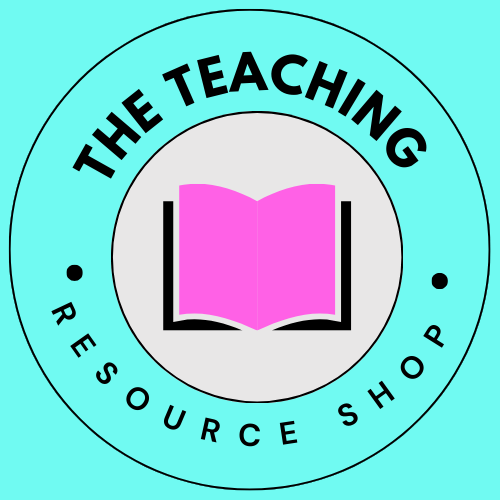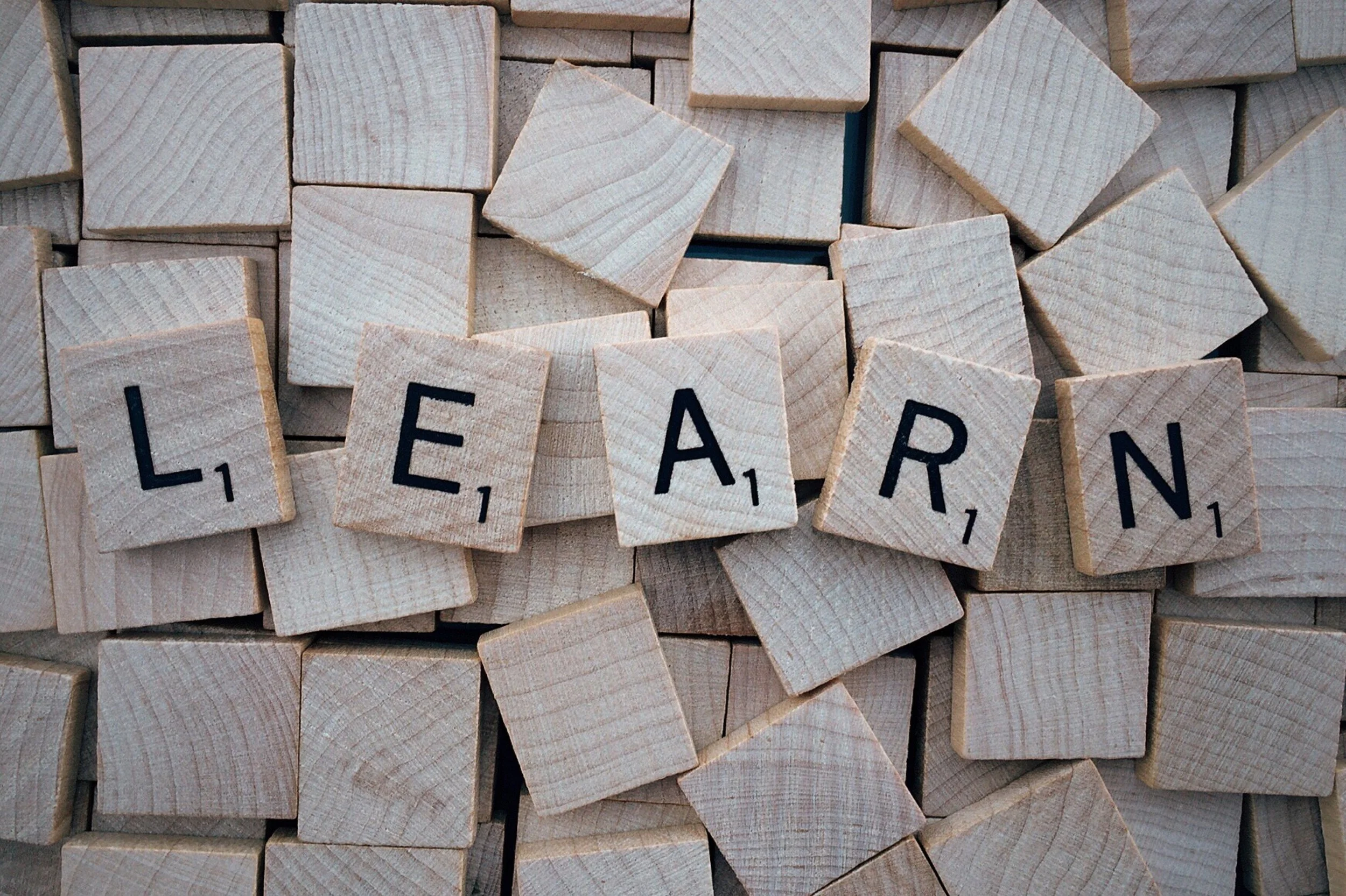What Are The Barriers To Learning?
There are several barriers that can hinder the process of learning. Firstly, a lack of motivation can pose a significant obstacle. When individuals lack interest or fail to see the relevance of the subject matter, they may struggle to engage and absorb information effectively.
Secondly, teachers must use more resources and learning materials to improve learning. Insufficient access to textbooks, technology, or educational facilities can limit opportunities for acquiring knowledge and developing skills.
Furthermore, learning disabilities or cognitive impairments can present formidable barriers. Conditions such as dyslexia, attention deficit hyperactivity disorder (ADHD), or autism spectrum disorder (ASD) may require specialized teaching methods and individualized support to ensure optimal learning outcomes.
Socioeconomic factors also play a role. Economic disparities, poverty, and social inequality can restrict access to quality education, making it challenging for individuals from disadvantaged backgrounds to pursue learning opportunities.
A rigid and outdated educational system can hinder learning.
Traditional teaching methods focusing on rote memorization and standardized testing may fail to cater to diverse learning styles and inhibit critical thinking and problem-solving skills.
In conclusion, barriers to learning can arise from a lack of motivation, inadequate resources, learning disabilities, socioeconomic factors, and an inflexible educational system. It is crucial to address these barriers because it promotes inclusive and accessible learning environments for all individuals.


